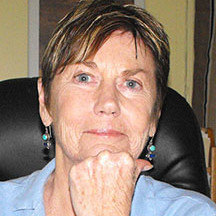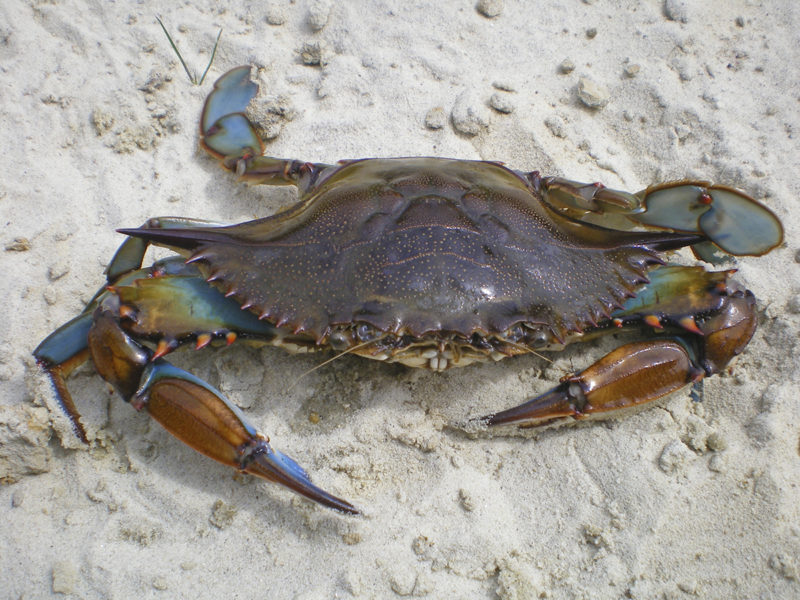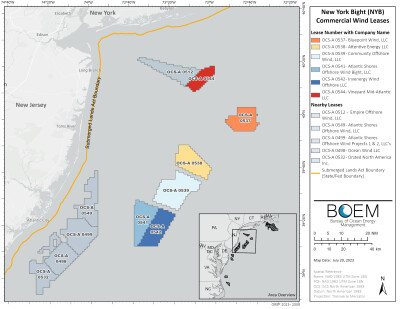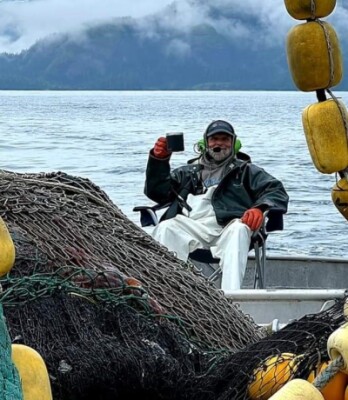North Carolina’s 2019 blue crab season got off to a good start but was slammed when Hurricane Dorian hit in September. Fortunately, it rebounded quickly, making it “one of the best seasons ever,” according to Keith Bruno of Endurance Seafood in Oriental, N.C.
“I can only hope that this coming season will be as good.”
“When the warm weather hits, the crabs come out,” Bruno says. “And as opposed to 2018, last year the weather stayed relatively warm, keeping them around longer than usual.”
While Mr. Bruno and crabbers in the central area of the state had an exceptional season, not so for the whole state. According to Corrin Flora of the North Carolina Division of Marine Fisheries, 2019 was a mixed bag.
“While Pamlico Sound crabbers had a very good season, the Albemarle area did not. And in the Southern sector, the season was considered average,” says Flora.
But all in all, preliminary figures indicate the blue crab fishery came out better than expected.
“2019 was a great crab year for us,” says Dylan Dunbar, manager of Paradise Shores Seafood in Pamlico County. “Around here, crabbing usually slacks off in early July, but last year’s season lasted longer than most.”
The 2019 Semi-Annual Commercial Landings Bulletin (January-June) indicates an increase in blue crab landings, up from just short of 6 million pounds landed in 2018 to just over 7.1 million pounds for the same period this year. Similar increases were recorded for peelers — up from 327,837 pounds to 657,653 pounds. Soft crab landings dropped slightly from just under 225,800 pounds in 2018 to 171,255 pounds in 2019.
Final figures for blue crabs in 2018 totaled 16.4 million pounds at a value of $17.3 million. According to Flora, the final figure for all blue crabs for 2019 is 22 million pounds, with the total dollar value yet to be released.
According to Jerry Warren of Diamond Shoals in Pamlico, N.C., 2019 prices averaged $3.50 for jimmy crabs, with a low of $2.75 and a high of $4.75. This was up considerably from 2018 when local dealers paid an average of $2.75 for jimmy crabs and $1.75 for females. Selling prices ranged from $2.25 to $3.50. Prices historically decline in early July, when Virginia and Maryland crab seasons pick up.
But as North Carolina’s most valuable commercial fishery, second only to shrimp, blue crab is facing a new set of management measures.
Cutbacks include closed seasons; establishment of sanctuary areas; a 5-inch minimum size limit on female crabs; no possession of immature crabs; and a plan to reduce the crab bycatch allowance for oyster dredges.
According to the state Marine Fisheries Commission, “reductions in harvest are necessary because a recent North Carolina stock assessment for blue crab determined the stock is overfished and overfishing is occurring.”
North Carolina law mandates that fishery management plans include measures to end overfishing within two years of adoption and rebuild the stock to achieve sustainable harvest within 10 years of adoption. The options addressing sustainable harvest are predicted to reduce harvest by 3.1 percent meeting the mandated reductions.
These measures passed in February by the commission began being phased in April.
According to Flora, fisheries managers will closely monitor this year’s landings considering the downward trend in landings.
Maryland and Virginia both report modest increases in their blue crab fisheries for 2019. If the trend continues, there could be a negative effect on North Carolina’s season.
“We need another good season,” Bruno says. “Last year we had fewer markets because of the lucrative seasons in Virginia, Maryland and Louisiana.”
“Bottom line is these states simply didn’t need as much product from us last year, and that drives our prices down.”
According to Flora, while it remains to be seen, “I’ve heard there’s lots of juveniles out there.”







